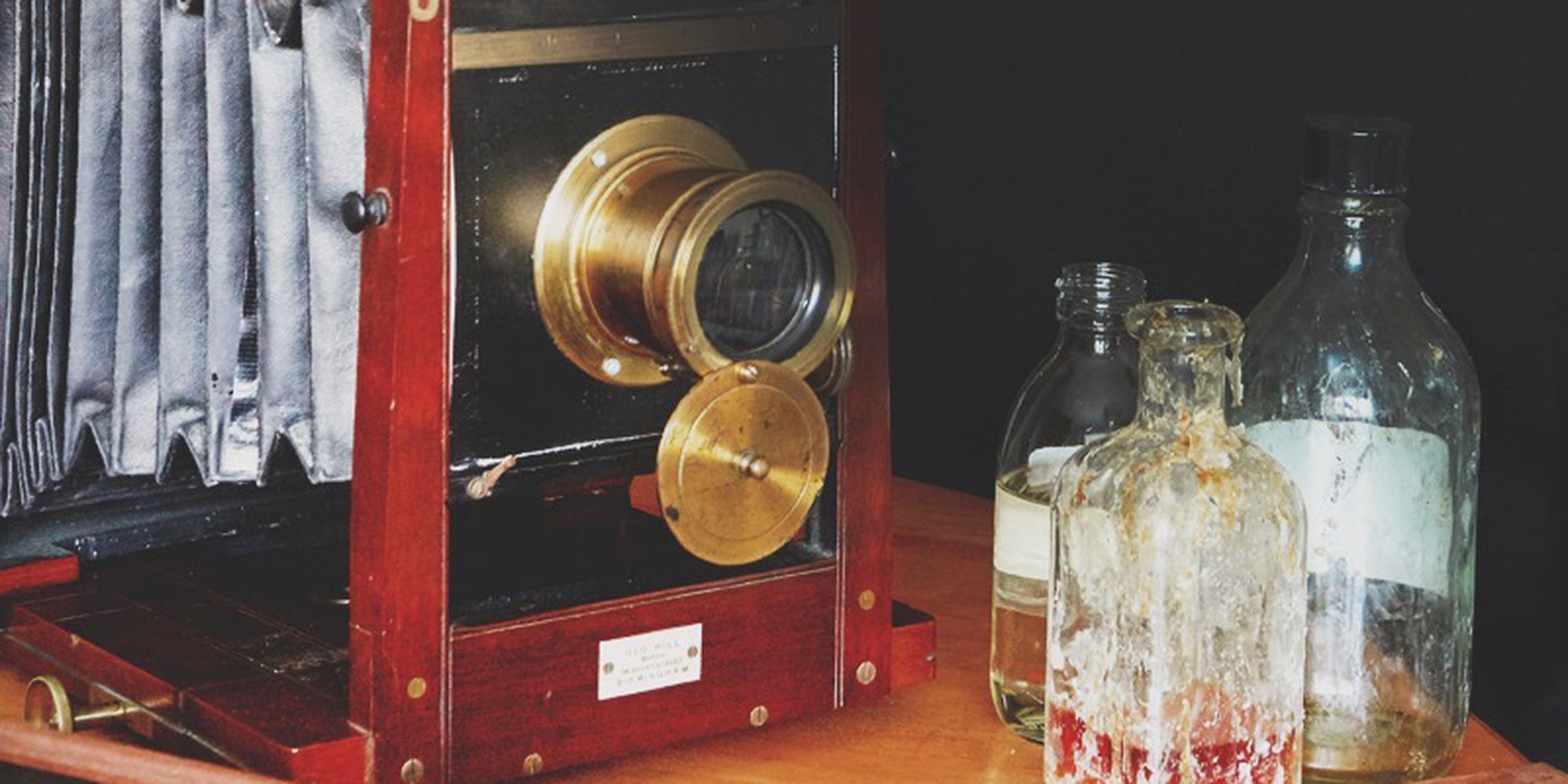Art is - and always has been - a controversial subject. Whether you regularly visit museums and galleries or have never set foot in one, chances are you have an opinion on what is or is not art. Jackson Pollock, anyone?
You may consider yourself an art aficionado, or perhaps not! But you will certainly have a feel for what you like - whether it’s bold, expressive abstracts, subdued landscapes, or drawings of cats in jumpers. And believe it or not, there are studies that can draw certain parallels too.
So what does your taste in art say about you and how might it affect your relationships? We team up with our friends at eHarmony.co.uk to find out...
Cubism
Though broad and open-minded, fans of cubism tend towards controversy. Small wonder, given that cubism was a reaction against more traditional movements like impressionism and realism. Cubism ignores traditions of drawing in perspective by considering a subject from various angles.
Impressionism
Fans of impressionism are likely to be more agreeable and conscientious individuals with a tendency to avoid conflict. This could possibly be because quintessential impressionist works are softer and more muted in tones and don’t seek to offend - much like the agreeable people that fans of impressionism are.
Renaissance
Conservative, more traditional characters tend to be fans of the classic, figurative pieces and still lifes characterised by the Renaissance. The realistic forms of Renaissance pieces and their tendency to capture the beauty of the simple things in life echo strongly with conservative types who are more likely to gravitate towards these pieces in traditional brick and mortar galleries.
Abstract
Fans of abstract pieces tend to have more of an intellectual interest in art and the world around them. Much like fans of cubism, this can lead to them demonstrating argumentative qualities and presenting controversial ideas. Unsurprising, since abstract pieces are certainly known to cause a bit of a stir themselves!
Of course, this is not to say that you can’t like impressionism if you’re argumentative by nature! And it certainly doesn't mean that you won’t find common ground with others who don’t share your taste in art.
The enjoyment of art and culture has been found by our friends at relationship site eHarmony.co.uk to be an important aspect of your cognitive style. And what’s more, when the passion is shared, it can help to contribute to happier, long-lasting relationships.
As we always say at Artfinder, your taste in art should come from a gut feeling, whether you know how to express it or not! It could be that you like a crazy abstract because you’re a little wacky yourself, or you might like something that contrasts entirely with your personality. Either way, it’s about the joy that a art can bring to you and create the sense of belonging that we all need after a long day.
Hero image courtesy of Nicolas Laborie


